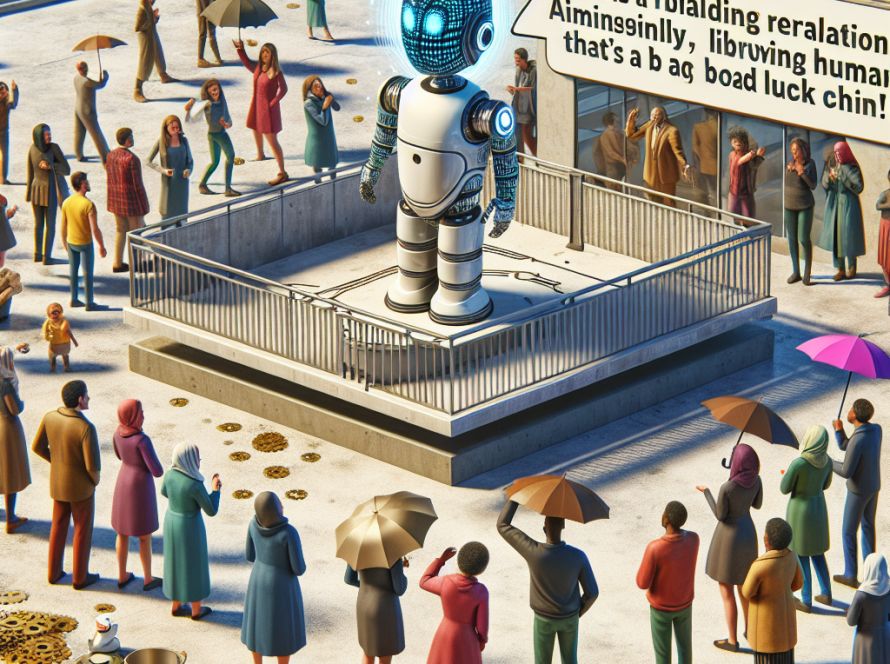In 2023, MIT had an eventful year filled with numerous achievements, advancements, and major breakthroughs. From the commencement address by YouTuber and ex-NASA engineer Mark Rober and the inauguration of President Sally Kornbluth, to Professor Moungi Bawendi’s Nobel Prize in Chemistry, the year marked significant milestones for the university.
MIT played an influential role in a number of scientific advancements in 2023. Researchers were credited with key findings, such as the detection of a dying star consuming a planet, the pursuit of innovative artificial intelligence (AI) research, development of clean energy solutions, and creation of breakthrough inventions for the early detection and diagnosis of cancer. They also made strides in the science of promoting kindness.
A prominent highlight from MIT in 2023 was Professor Moungi Bawendi’s co-award of the Nobel Prize in Chemistry for his research on quantum dots, which are used in electronics and medical imaging. President Sally Kornbluth, Provost Cynthia Barnhart, and Chancellor Melissa Nobles emphasized the importance of women and underrepresented groups in STEM through their leadership plans.
The university also made headlines with its Transfer Scholars Network, which aids community college students in transition to four-year universities. President Kornbluth participated in a discussion on AI, ethics in science, and climate change, expressing her view of the climate crisis as an existential issue.
Significant leaps were made in space research, marked by the sighting of a dying star enveloping a planet, which could open an entirely new field of research. MIT had an active role in the frontiers of AI, with experts describing the opportunities and risks posed by rapid advancements in the AI field. MIT’s RAISE initiative introduced the Day of AI program for K-12 students to promote understanding of AI.
Further, MIT’s commitment towards health solutions, climate innovations, and astonishing art was quite visible. Studies included work on drug-delivery nanoparticles for selective targeting of cancer cells, a wearable ultrasound device to detect early-stage breast tumors, and clean energy startups by MIT alumni. The arts sector saw MIT faculty and students experimenting with opera, augmented reality, and data visualization to create unforgettable masterpieces.
The institute also followed an inclusive approach towards society and culture. Whether providing coding classes for prison inmates, leading an all-Indigenous rocket team to a national competition, celebrating prominent university figures or uplifting community clubs, MIT’s contributions were noteworthy and inspiring.
All in all, the year 2023 was a stimulating period for MIT, filled with multiple accomplishments and innovations on multiple fronts, helping to shape the future of science, technology, and society.

